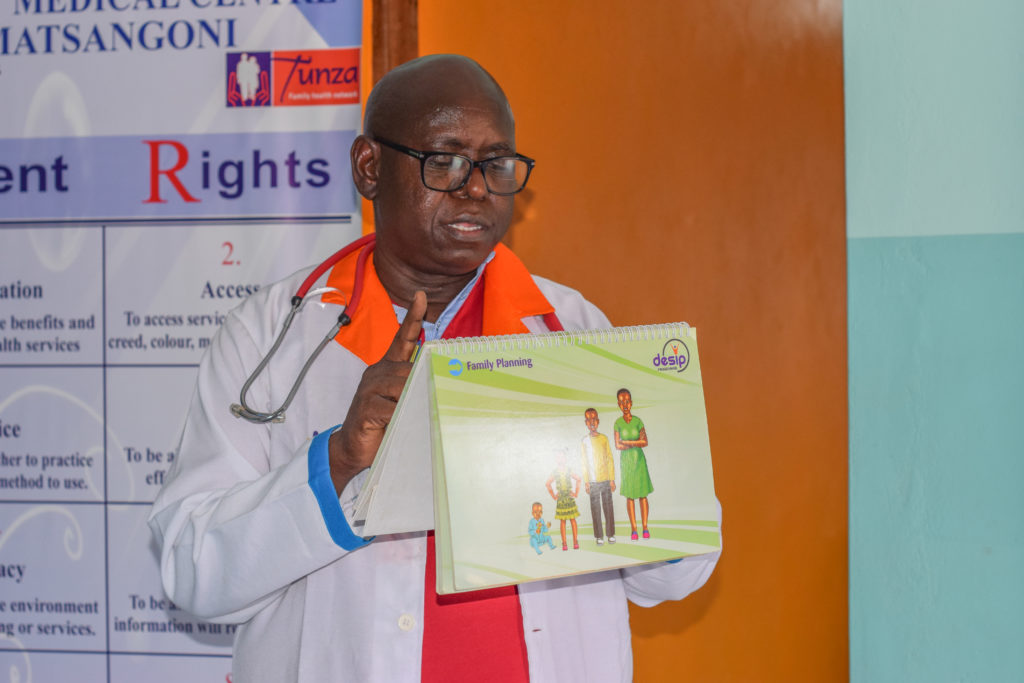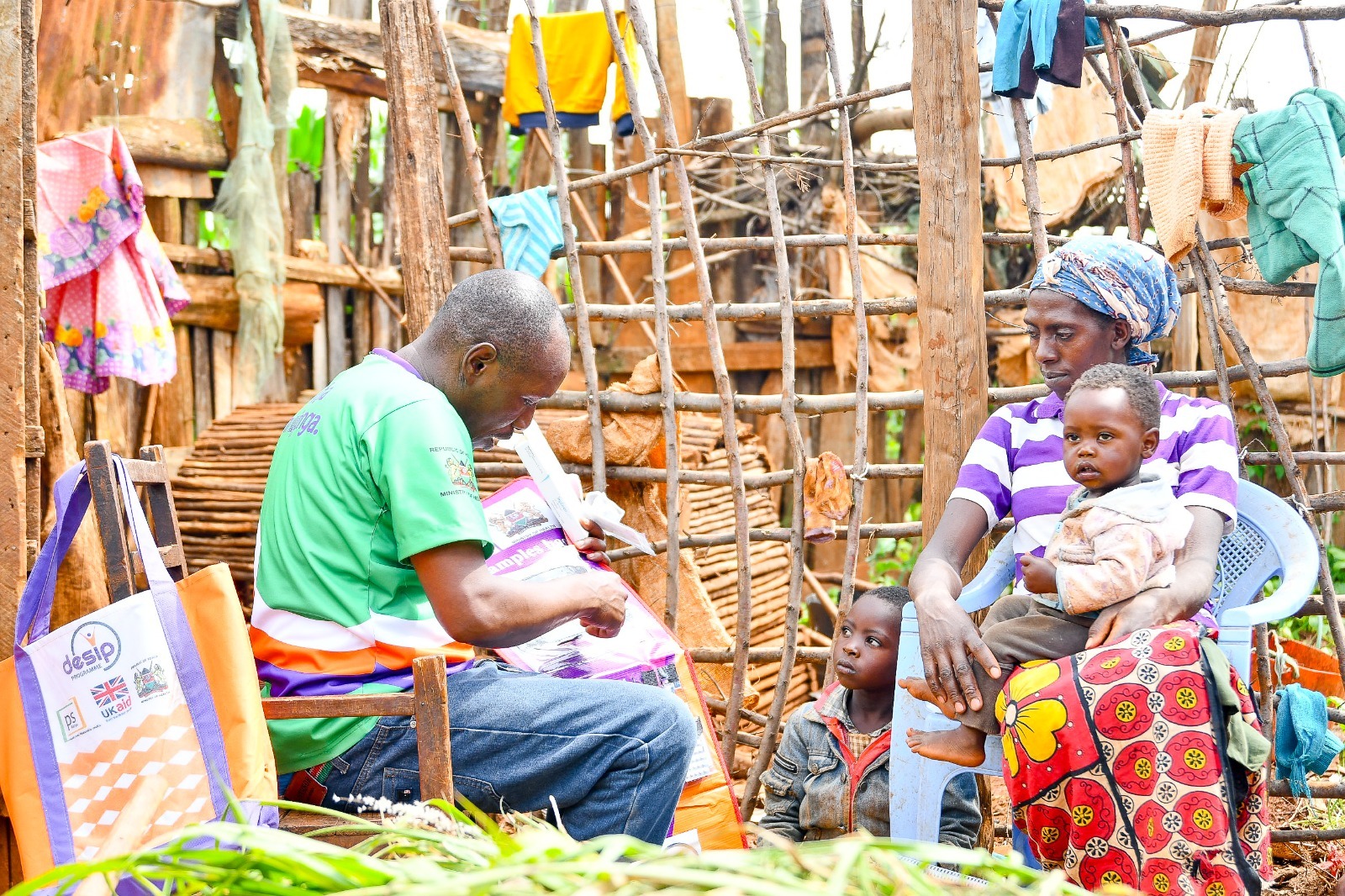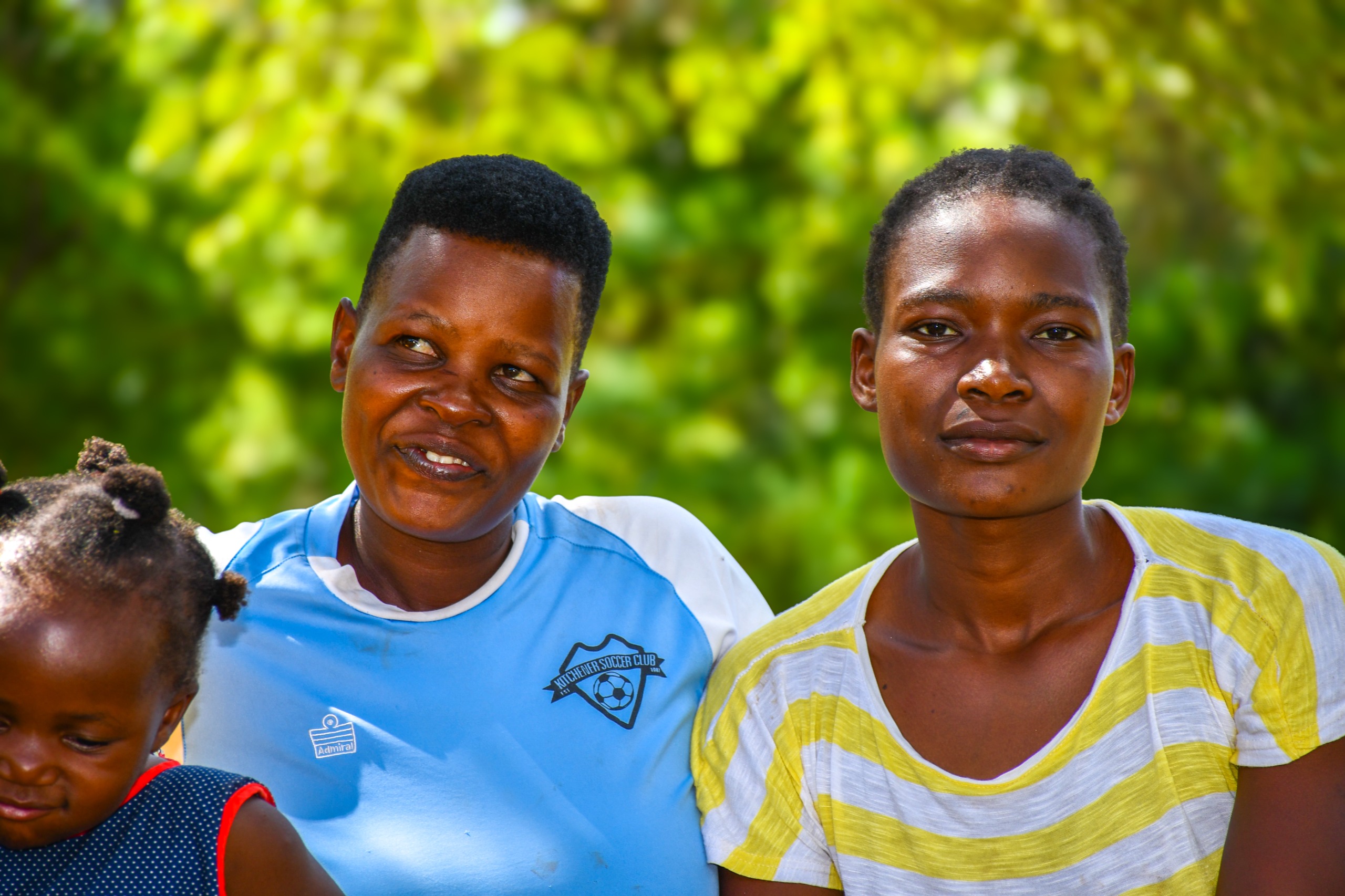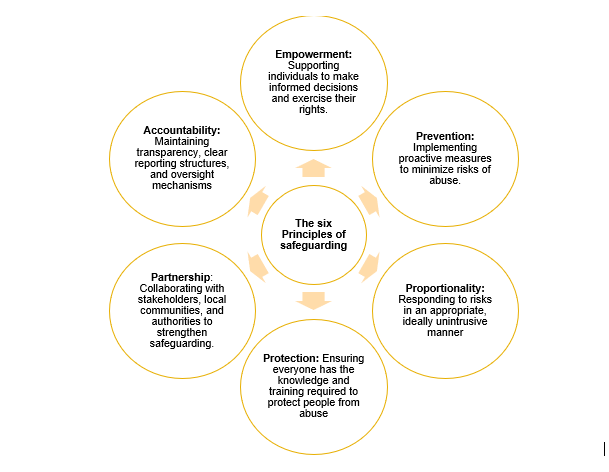Reproductive health is an essential aspect of overall health and wellbeing for all individuals, including Persons with Disabilities (PWDs). However, PWDs often face unique challenges and barriers to accessing and receiving reproductive healthcare. Many facilities are not appropriately equipped or designed to accommodate PWDs, from the lack of wheelchair ramps to accessible parking spaces, restrooms, and even adjustable coaches. PS Kenya’s DESIP program is currently active in 12 counties and works towards the social inclusion of persons with disabilities by taking healthcare workers through different training modules, including social, gender, and disability inclusion.
Lennox Katana, the proprietor of the New Heri Medical and Reproductive Health Centre in Kilifi County, has been a member of PS Kenya’s Tunza franchise since 2009. Through the DESIP program, he has since been taken through various capacity-building and support supervision sessions, as well as been issued with supplies ranging from consumables to equipment.

Lennox was previously renting a premise that was not disability-friendly, making it difficult for persons with disabilities to access certain services. During a support supervision visit from the DESIP team, they were able to identify some gaps in the accessibility of his facility, sensitize him on disability inclusion, and make some recommendations to him. He recently built his own facility and ensured that it was disability-friendly by making all his service rooms accessible, especially for wheelchair users. He has also been able to provide mentorship to his staff on disability inclusion.
He stated that the training was quite beneficial to him as he was able to understand the gaps faced by PWDs in accessing inclusive, quality health services. Lennox recommends that government facilities ensure that health care workers are trained on how to communicate with differently impaired individuals. Several considerations have to be taken into account, including learning how to communicate with those who have hearing, speech, visual, and cognitive impairments. He gives the example of Matsangoni Health Centre, which serves a large number of people within Kilifi County, stating that communicating with deaf people still remains a challenge as they have not been properly taught sign language. There is a need for the private sector to take full ownership of the reaches, “We should have sign language videos to help health care workers learn sign language rather than the Kenya Sign Language (Kenya Sign Language) chart.”

“The support supervision has been helpful. We have knowledge and equipment to ensure that there is sustainability of social inclusion,” stated Lennox.



